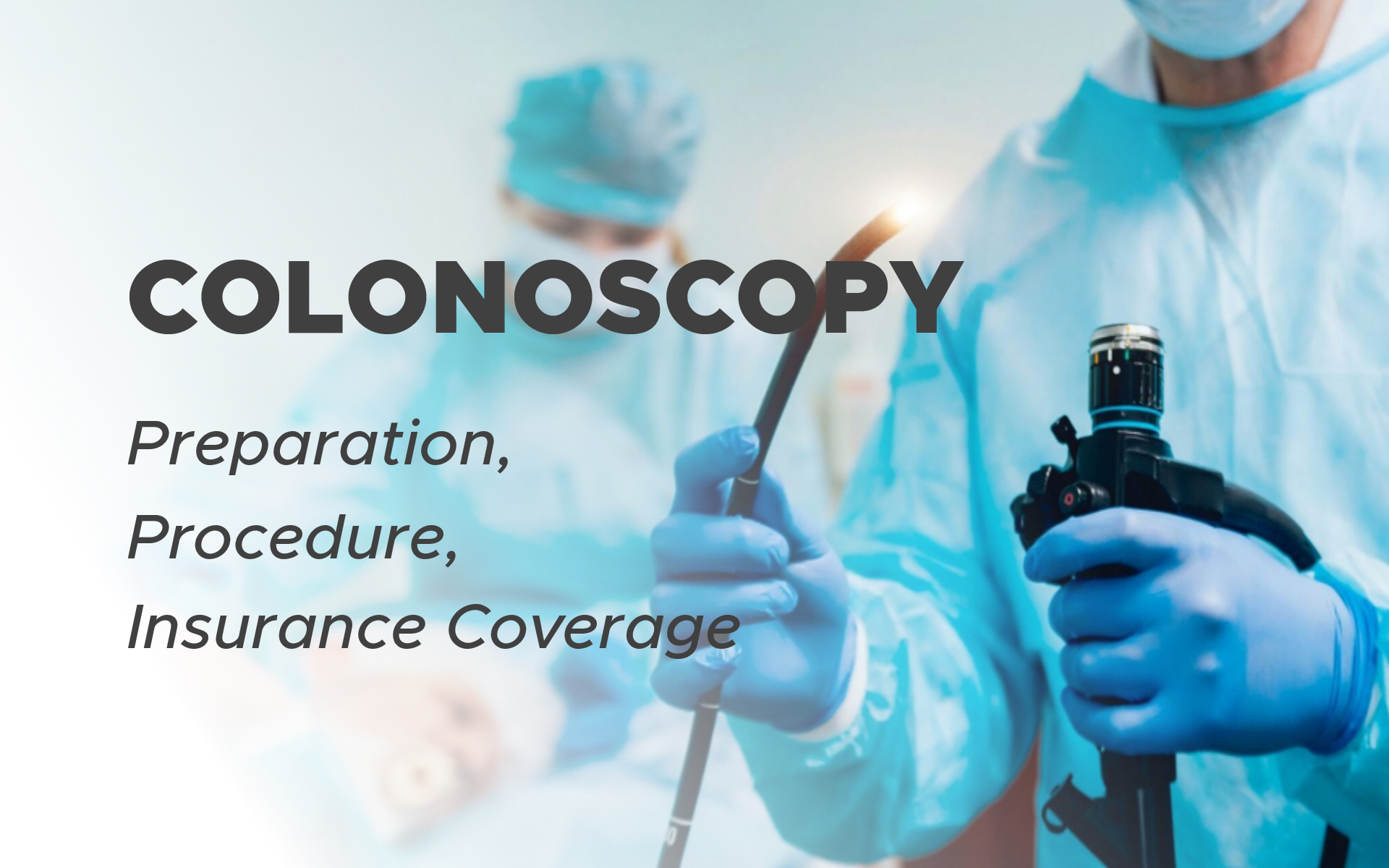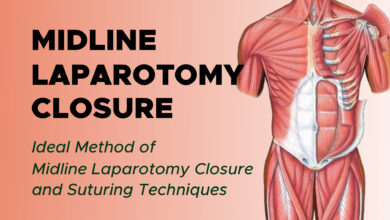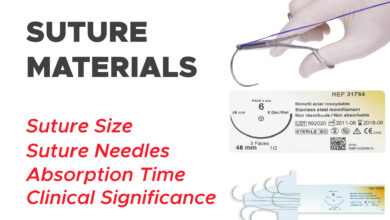
Colonoscopy: Preparation, Procedure, Insurance Coverage
What Happens, How to Prep and When to Call Your Doctor
Colonoscopy or coloscopy is the endoscopic examination of the large bowel and the distal part of the small bowel with a camera or a fiber optic camera on a flexible tube passed through the anus. It can help find the cause of problems in a part of the large intestine. Colonoscopy can show irritated and swollen tissue, ulcers, polyps. and grants the opportunity for biopsy or removal of suspected colorectal cancer lesions.
About the Large Intestine and Colon
The large intestine is a major part of your digestive system. It helps your body process the food your body does not use, which becomes waste. The colon is the biggest part of your large intestine. It empties into the rectum, where waste collects as bowel movements. The rectum empties into the anus, where bowel movements leave the body.
The drawing below shows the different parts of the colon and rectum.
How a Colonoscopy Works?
Your doctor places a thin, lighted tube through your anus and rectum up into the colon. Before the procedure, you get a sedative and pain medication to make you more comfortable. The colonoscopy (endoscopy) tube has a small camera on it. It shows your doctor images of the inside of your colon as the tube moves through. The doctor can also take a small sample of tissue through the tube to examine later. Getting this type of sample is part of a test called a biopsy.
Who Does My Colonoscopy?
A doctor called a gastroenterologist, or GI doctor, usually does a colonoscopy. This type of doctor specializes in the digestive system. A surgeon may also do the procedure. Your team will also include a nurse and possibly an anesthesia specialist.
Preparation for Colonoscopy
You will probably have your colonoscopy at a doctor’s office or hospital. Preparation for colonoscopy is important, because your colon needs to be as clean as possible. This will allow the doctor to see the colon well. So when you schedule your colonoscopy, you will get detailed instructions on colonoscopy preparation.
Here are some things to keep in mind preparation for colonoscopy:
- Tell your doctor about all the medications you take, including any vitamins, herbs, or supplements. Be sure to ask if you should take them on the day of the test. If you take a blood thinner or daily aspirin, you might need to stop several days before the procedure for preparing for a colonoscopy.
- Tell the doctor about any drug allergies or medical conditions you have.
- You will need to avoid solid food for 1 to 3 days before the procedure to colon cleansing. You may drink clear liquids up to a certain time. These may include fat-free bouillon or broth, black coffee, strained fruit juice, or gelatin.
- You will need to take a laxative or give yourself an enema at a certain time before the colonoscopy to do colon cleanse. Your doctor’s office will tell you what to use. The laxative is a pill or a powder you mix with water before drinking. A laxative speeds up the process of waste leaving your colon and it will make you have more bowel movements than usual for the colonoscopy preparation.
- Arrange for a friend or family member to drive you home. You will be sleepy after the procedure.
- Check your insurance coverage (see below). Make sure it covers the medical center where you will have the test, the doctor who will do the colonoscopy, and the anesthesia doctor who will give you the sedative.
- You will be asked to sign a consent form before your colonoscopy. It will state that you understand the risks and benefits of the colonoscopy and agree to have it. Your doctor or nurse will explain the procedure before you sign the form, and you can ask questions.
Talk with your health care team about any concerns you have about the colonoscopy.
During the Colonoscopy
You should expect the procedure to take about 30 to 60 minutes. When you get to the hospital or doctor’s office, you will change into a hospital gown. You will be in a private room with a sheet draped over your body.
The nurse or anesthesia specialist will give you pain medication and a sedative for colonoscopy preparation. You will get this through an intravenous tube, or IV. The IV goes in a vein in your arm. You might feel a small sting from the IV needle when it goes in.
To start the procedure, the doctor blows some air through the small tube into your colon. This inflates the colon slightly so the doctor can see better. You might need to change your position during the procedure. This is to help the doctor move the colonoscopy tube or get a better view. If you are asleep, the doctor or nurse will help with this.
If you have an abnormal growth, or polyp, in your colon, the doctor will remove it. Or they may take a small sample of tissue. This is not usually painful, and the doctor will stop any bleeding. If the growth is too large or complicated to remove during the colonoscopy, doctors may remove it later.
During the procedure, you may feel discomfort from lying still for a long time. If you are awake, you may have some cramps. If so, tell your nurse. You can also take slow, deep breaths to relax.
There is a small risk that the tube used for a colonoscopy might puncture the colon. This is rare, but you might need surgery to repair it if this happens. Talk with your health care team if you have concerns about this.
After the Colonoscopy
You will stay at the hospital or doctor’s office until you are fully awake. You should not drive a vehicle, operate machines, or make important decisions the rest of the day. A friend or family member can drive you home.
You can expect to go back to normal activities the next day.
Contact your doctor immediately if you have:
Medicare Coverage
In the United States, Medicare insurance covers the following colorectal-cancer screening tests:
- Colonoscopy: average risk — every 10 years beginning at age 50, high risk — every 2 years with no age restriction
- Flexible sigmoidoscopy: — every 4 years beginning at age 50
- Double-contrast barium enema: average risk — every 4 years beginning at age 50, high risk — every 2 years
- (CT) colongraphy: not covered by Medicare
- gFOBT: average risk — every year beginning at age 50
- FIT: average risk — every year beginning at age 50
- Cologuard: average risk — every 3 years beginning at age 50


